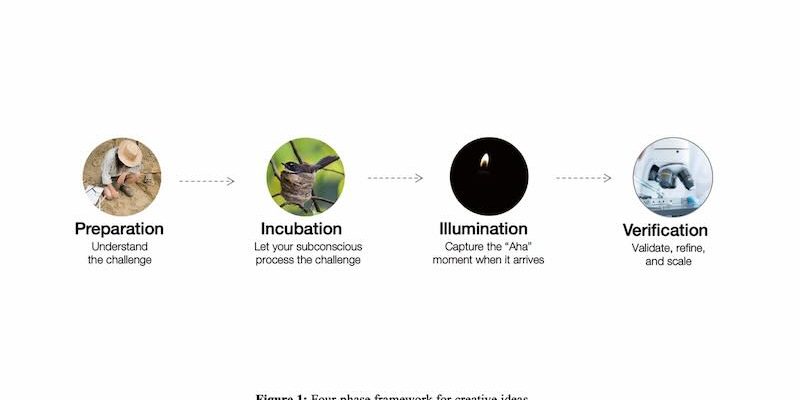
Ma Ying-jeou Visit to Taiping Stokes Controversy
President Ma Ying-jeou’s decision to visit Itu Aba Island (Taiping Island) in the South China Sea on January 28 to reiterate Taiwan’s claim to the disputed island and its status as a landmass brought criticism from the United States. Taiping Island is the largest of the Spratly (Nansha) Islands and has been administered by Taipei since 1956, but the island group is also claimed to varying degrees by Beijing, the Philippines, and Vietnam. Ma is the second Republic of China president to visit the island, after Chen Shui-bian, who went in 2008.
Taiwan stations Coast Guard and Marine personnel on the 1.4-kilometer long, 0.4-kilometer-wide island, which houses facilities including a small hospital and a runway extending the length of the island. In his address to assembled military personnel during his visit, Ma said that Chinese explorers first used the island in 1 B.C. and that along with other offshore islands claimed by Taipei, it is an integral part of Chinese territory.
In response, U.S. State Department spokesman Mark Toner said the United States was “frankly disappointed” with Ma’s actions, calling the Taiping Island visit “unhelpful” as the United States tries to de-escalate tensions in the South China Sea. China has been building artificial landmasses in the region, including constructing lengthy runways capable of handling military aircraft, as well as missile batteries.
Two days after Ma’s visit, a U.S. Navy guided missile destroyer sailed within 12 nautical miles of another disputed point, Triton Island, to challenge attempts by China to restrict navigation in the South China Sea. Some US$5 trillion in trade goods is shipped through the South China Sea annually, and the United States continues to assert the position that these are international waters.
The Ma visit was likely intended to underscore Taiwan’s claim to Taiping in response to a suit brought by the Philippines before the Permanent Court of Arbitration in the Hague challenging China’s claims in the area. Taiwan has been excluded from the proceedings. Central to the Philippines’ case is the assertion that Taiping is merely a “rock” and not an “island,” even though it has its own source of fresh water.
Kuomintang Analyzes its Election Reversal
In the wake of its disastrous defeat in the January 16 national polls, in which it not only failed to win the presidency but also lost the legislature for this first time in history, the Chinese Nationalist Party (Kuomingtang or KMT) released a report delving into what went wrong and how the party needs to reform. The report, presented at the weekly meeting of the party’s central Standing Committee on February 3, identified a number of key factors behind the party’s losses, ranging from unpopular decisions to hike gas and electricity prices, a series of food safety incidents, sky-high housing prices, a widening income gap, and a failure to differentiate its cross-Strait policies from those of its main opponent, the Democratic Progressive Party (DPP).
The report also noted that the party faced internal dissension over the choice of a presidential candidate in the 2016 campaign and was widely seen as kowtowing to China, while President Ma Ying-jeou’s signature economic and diplomatic policy achievement, the Economic Cooperation Framework Agreement (ECFA) with China, was not seen as distributing benefits proportionately throughout society. The report recommended that the party adopt a more sophisticated approach to social media and the Internet, and bring more younger people into the party leadership to keep up with the times.
First DPP-led Legislative Yuan Holds First Session
Taiwan’s new legislature was seated February 1, for the first time with a DPP majority after the party’s trouncing of the KMT in the January 16 balloting. Of the total 113 seats, 89 are now held by the DPP and its allies, including the nascent New Power Party (NPP), formed only a year ago by the leader of death metal band Chthonic.

The Legislative Yuan’s first order of business was the election of Su Jia-chyuan, the DPP’s 2012 vice presidential candidate, as Speaker. Besides serving as a legislator, Su had also previously held such positions as Secretary General of the DPP, Minister of Interior, Minister of Agriculture, and Commissioner of Pingtung County. Su and Tsai Chi-chang of Tai-chung, who was elected Deputy Speaker, have pledged to maintain their neutrality in parliamentary maneuvering and refrain from engaging in any partisan activity while holding their posts.



